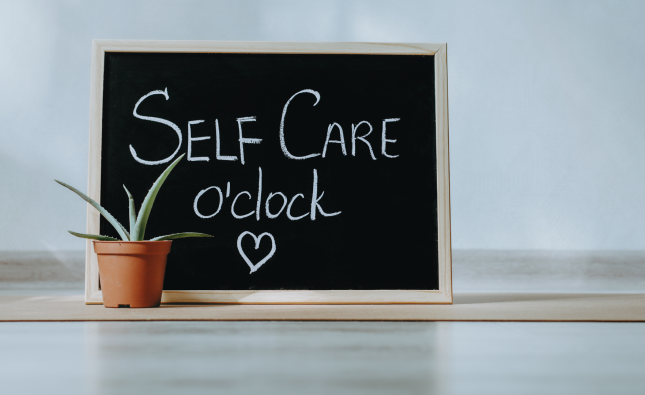
Losing weight in a sustainable and healthy way requires a balanced approach that focuses on long-term habits and lifestyle changes. Here are 10 simple steps to help you achieve your weight loss goals:
1. Set Realistic Goals: Start by setting achievable and realistic weight loss goals. Aim for a gradual and steady weight loss of 1-2 pounds per week, which is considered a healthy and sustainable rate.
2. Create a Calorie Deficit: To lose weight, you need to consume fewer calories than you burn. Calculate your daily calorie needs and create a moderate calorie deficit by adjusting your food intake and increasing your physical activity.
3. Eat a Balanced Diet: Focus on consuming a balanced diet that includes a variety of nutrient-dense foods. Include plenty of fruits, vegetables, whole grains, lean proteins, and healthy fats. Avoid or limit processed foods, sugary drinks, and high-fat snacks.
4. Portion Control: Pay attention to portion sizes to avoid overeating. Use smaller plates and bowls, and be mindful of your hunger and fullness cues. Aim to eat until you’re satisfied, not overly full.
5. Stay Hydrated: Drink plenty of water throughout the day. Water helps to keep you hydrated, aids digestion, and can help control your appetite. Avoid sugary beverages and opt for water as your primary drink.
6. Regular Physical Activity: Incorporate regular exercise into your routine. Aim for at least 150 minutes of moderate-intensity aerobic activity or 75 minutes of vigorous activity per week. Include strength training exercises to build lean muscle mass, which can help boost your metabolism.
7. Mindful Eating: Practice mindful eating by paying attention to your food choices, eating slowly, and savoring each bite. This can help you become more aware of your hunger and fullness cues and prevent overeating.
8. Get Adequate Sleep: Prioritize getting enough sleep each night. Lack of sleep can disrupt hunger hormones and lead to increased food cravings and overeating. Aim for 7-8 hours of quality sleep per night.
9. Manage Stress: Find healthy ways to manage stress, as stress can often lead to emotional eating. Incorporate stress-reducing activities into your routine, such as meditation, yoga, deep breathing exercises, or engaging in hobbies you enjoy.
10. Seek Support: Surround yourself with a supportive network of family, friends, or a weight loss group. Having support and accountability can help you stay motivated and on track with your weight loss journey.
Remember, sustainable weight loss is a gradual process that requires consistency and patience. Focus on adopting healthy habits that you can maintain in the long run, rather than quick fixes or extreme diets. Celebrate your progress along the way and embrace a healthy and balanced lifestyle for lasting results.










